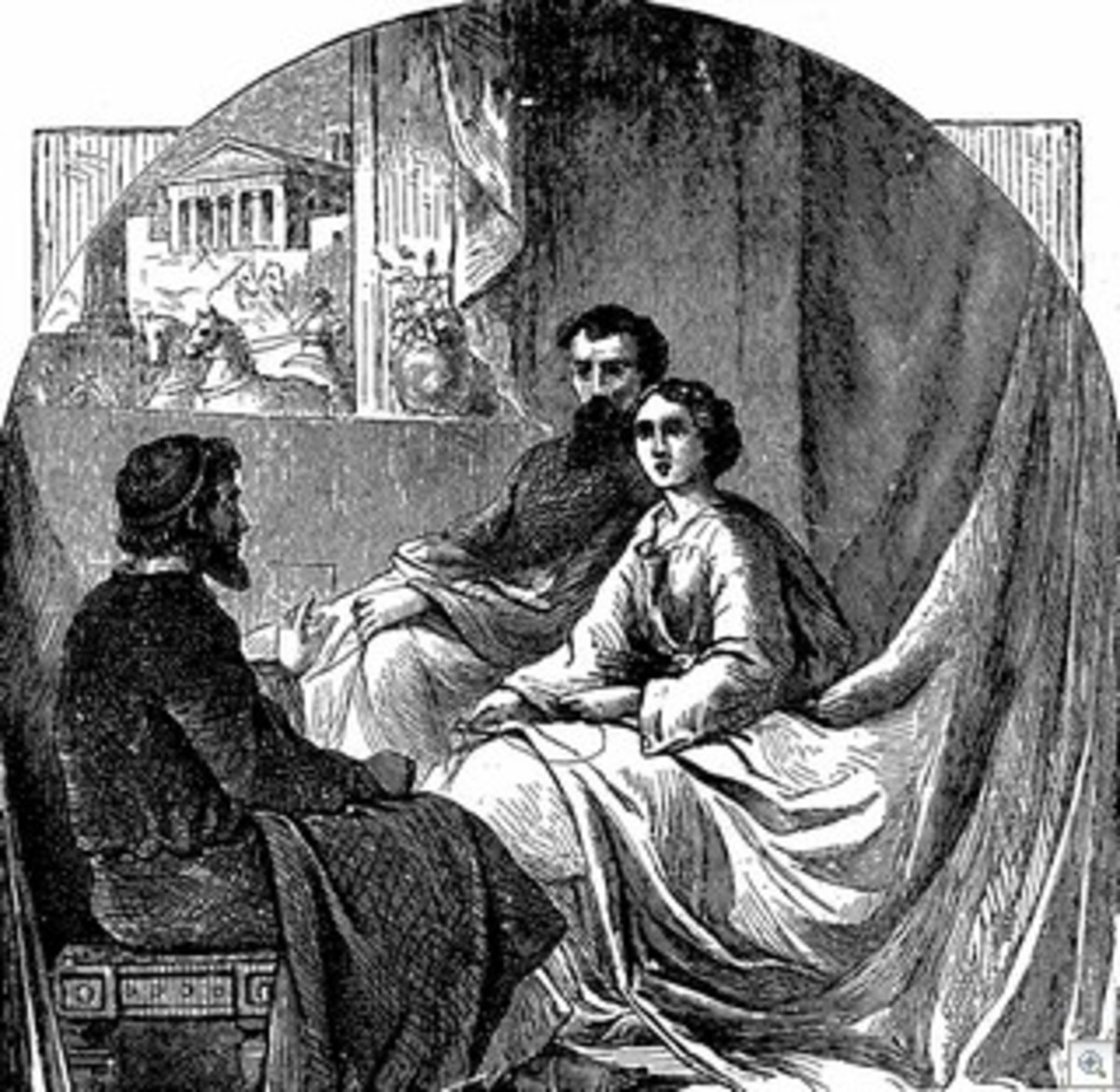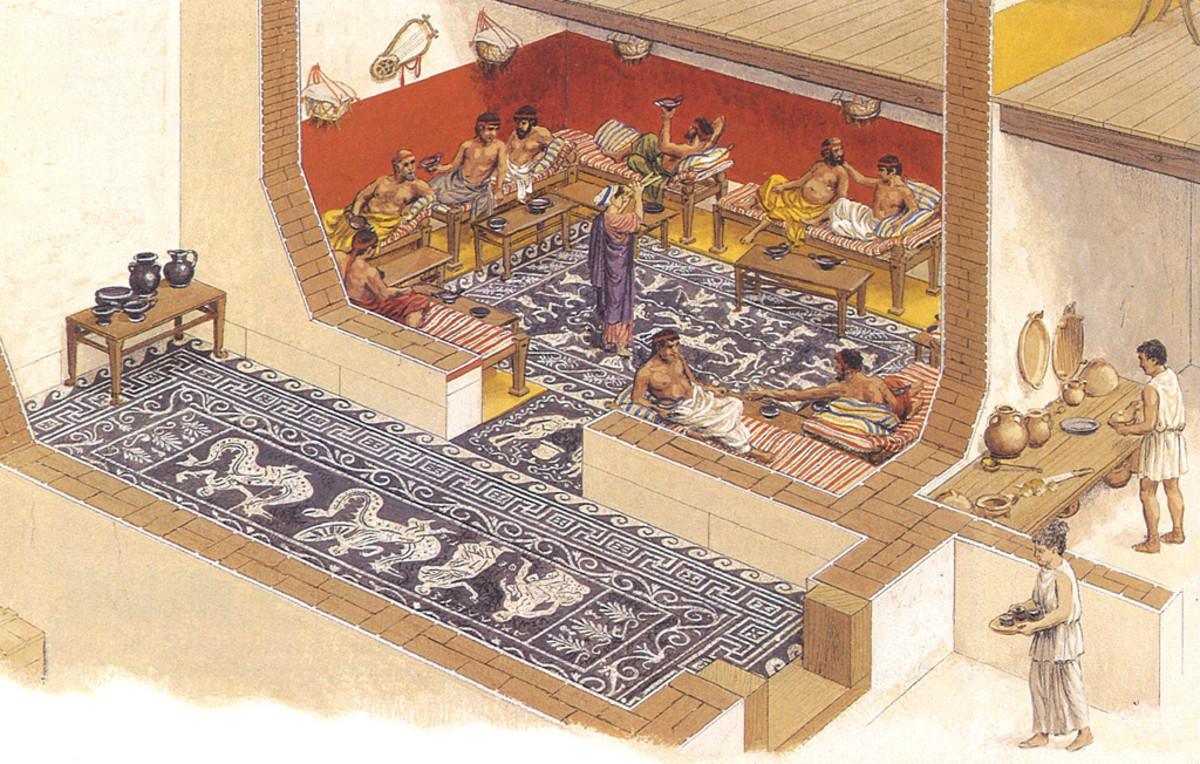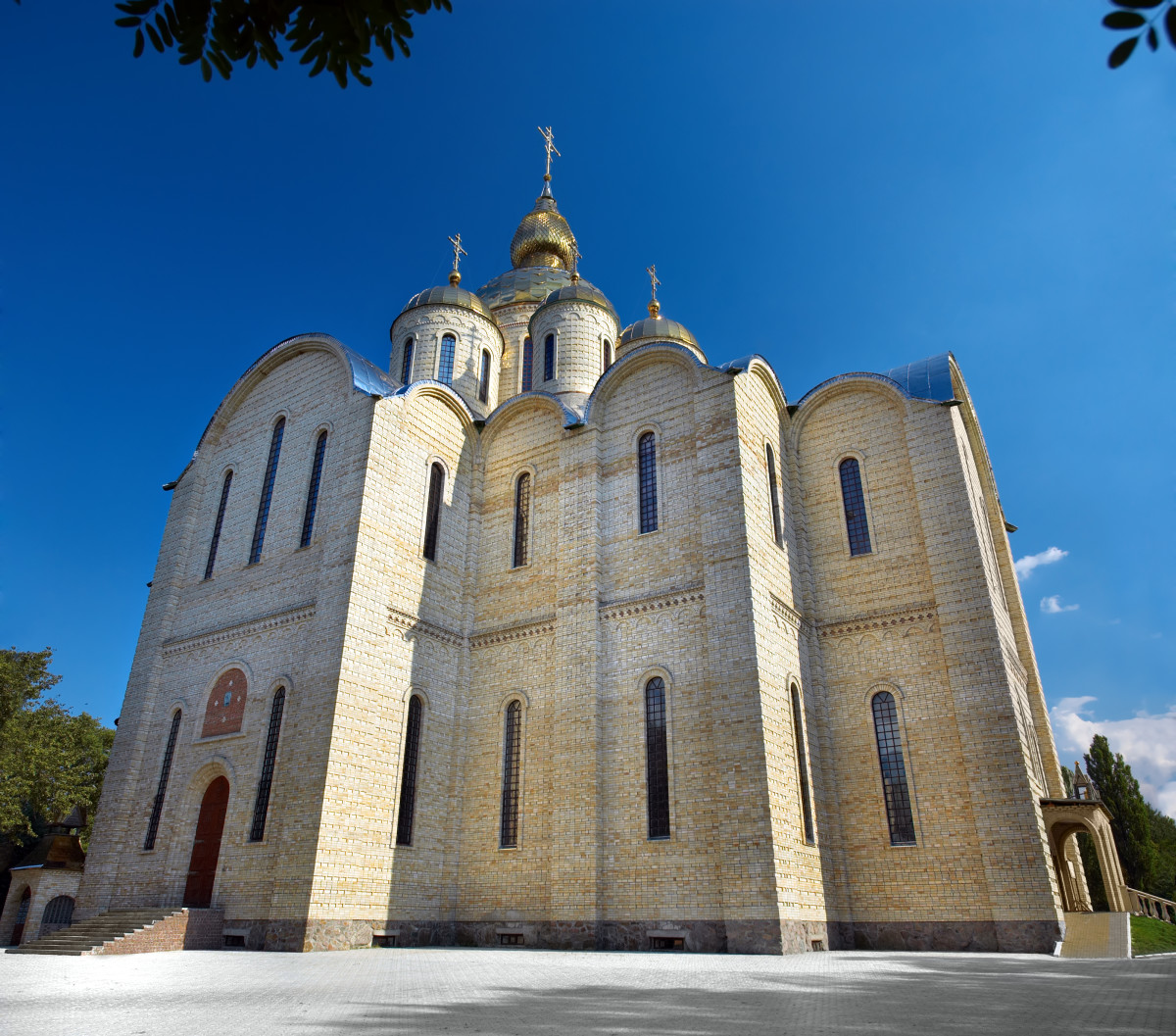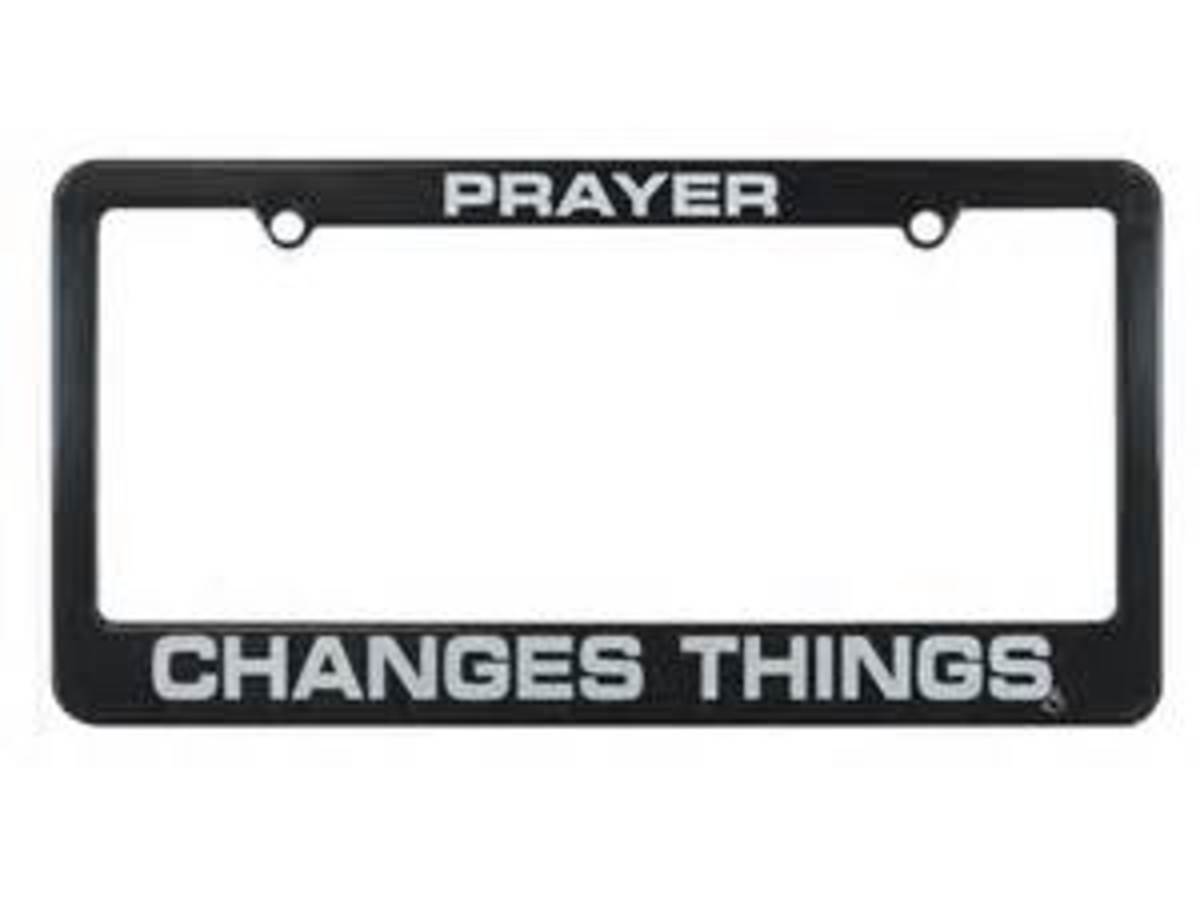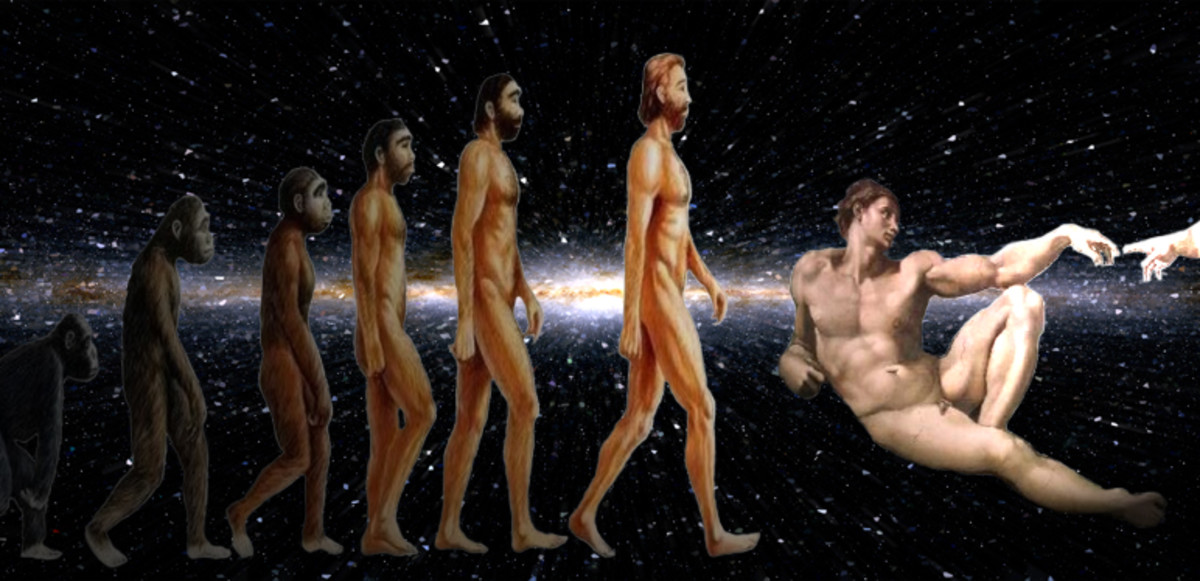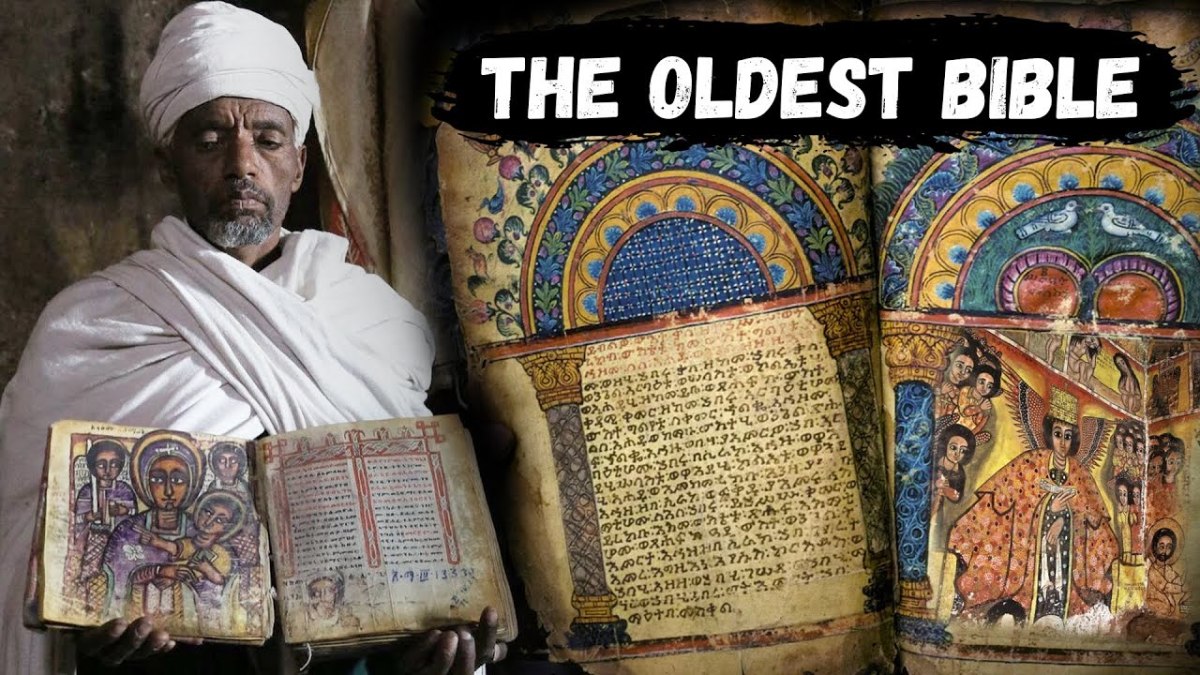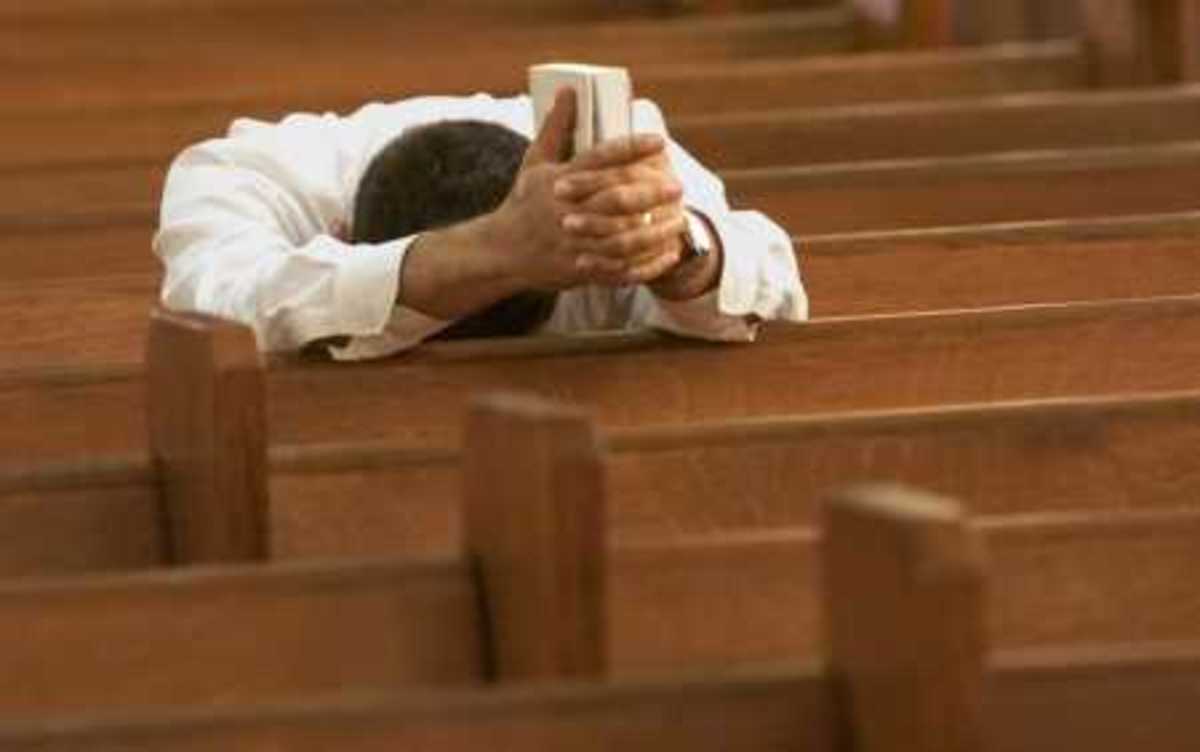Snapshot of 1st Corinthians

A letter to a troubled Church
Snapshot of 1 Corinthians.
The church in Corinth was probably established in about 51 AD by the Apostle Paul (Acts 18:1-18). Corinth was an important trade city situated on the Isthmus of Corinth, between the Ionian Sea and the Aegean Sea. In the city was the Temple of Aphrodite. It was a city where about 500 000 people lived, many of whom were Greeks and even more who were slaves. It also had a Jewish Synagogue. The city was known for its licentiousness and godlessness. The congregation in Corinth therefore, to some degree, reflected the characteristics of the society. While Paul argues for a different life style for Christians, he does not want them to come out of society, but rather be an influence in society.
The Apostle Paul in his first letter to the Corinthian Church, dealt specifically with many practical problems that the congregation faced. This after receiving information about the problems from Chloe's people (1:11), from Stephanas, Fortunatus and Achaicus, (16:17) and also in a letter from the congregation (7:1). the book of 1 Corinthians gives us an interesting look at the inside of a congregation existing in a pagan world. In fact the Corinthian world is much like our world today. In spite of their problems he calls them saints, because they have been sanctified in Christ (1.2).
The problems he deals with are:
1. Divisions caused by people following different leaders rather than Christ (1:10-4:21). He reminds them that they are united by the preaching of the simple message of the cross. Leaders only build on the message of Jesus and so labour on behalf of the cross. The Corinthians needed to follow Jesus not men.
2. The problem of intellectual pride (1:17,20-25; 2:1-5,10-16;3:18-23). Some in Corinth must have questioned the ability of leaders to be intellectually competent. The Greeks were impressed by the debaters and so called philosophers who supposedly answered important questions about life. Paul reminded them of the simplicity of the Gospel (Good News).
3. The problem of legal disputes (6:1-11). In the church members were taking their brothers to court. In Corinth the courts were used extensively to settle any disputes and almost became a way of entertainment. He rejected this way of solving differences and looked to wise believers to solve any problems that existed between members.
4. The problem of sexual impropriety (Ch 5). In a city where sexual relations were even indulged in as an act of worship, some problems even existed in the congregation and needed to be firmly dealt with.
5. The problem of antinomianism (6:9-20). The Greeks believed that matter is essentially evil and that only the soul is good. Plato taught that "the body is the prison house of soul" and so you can sin in the body but the soul that is separate from it, can be okay. Paul teaches that body and soul are vitally linked.
6. The problem of marriage and sexual relationships (Ch 7). Paul believed that the end was very near (7:29) and so perhaps saw marriage in a different light than he did later. In Ephesians he describes it differently (Ephesians 5:21-33). In a world waiting for the coming of Christ which they thought was imminent, marriage became less important. Freedom from the law also did not give people freedom from their marital responsibilities.
7. The problem of meat offered to idols(Ch 8-10). The meat markets in Corinth were near the Temple of Aphrodite and other heathen temples. Some of the meat from the temple offerings made its way to the marketplace and so became a problem in the minds of some Christians. Paul explains the problem and how to deal with it. If it is a problem to the weak person you are eating with, who does not understand the principle that the meat is not defiled, then rather abstain (8:9-11). Here the love principle reigns supreme.
8. The problem of the role of women in the church (11:1-16; 14:34-36). In a world where women were not really allowed to participate in public, the Greek women in the church enjoyed somewhat more freedom. Now if they were free in Christ they saw this freedom as licence to take over the leadership role in the Church. Loose women in Corinthian society often cut their hair short while modesty in society required modest dress and appearances. Freedom in Christ also brings with is great responsibility in dress and appearance.
9. Problems with the Lord's Supper (11:17-34). As an extension of the "Love Feasts" that the early church seemed to practice, some abused the situation and neglected to show love to others. A special problem was the attitude of the rich towards the poor.
10. The problem of spiritual gifts (Ch 12-14). As the church was in its infancy, spiritual gifts were an important part of the way it functioned. Again some were abusing their gifts and making a mockery of the worship services that needed to be run in an orderly fashion.
11. Problems about the resurrection (Ch15). Not only in the Jewish teachings but also in the Greek and Roman view, there were a variety of beliefs about life after death and Paul deals with this in some detail.
Conclusion: Many of the problems that existed in the Corinthian Church still occur today and so Paul's advice is "hot from the press". At the same time we have to determine what is truth and what is advice to a particular cultural situation. The principles of faith, hope and love however, remain. The key verse might be 1 Corinthians 13:13 "and now these three remain: faith, hope and love and the greatest of these is love".
If Paul heard about what is going on in the Church where you worship, what would he write?
References:
Barclay, W. The Men, the message of the books. St. Andrews Press.
Grosheide, F.W. Commentary on the first Epistle to the Corinthians. New International Commentary on the New Testament.
New Illustrated Bible Dictionary

